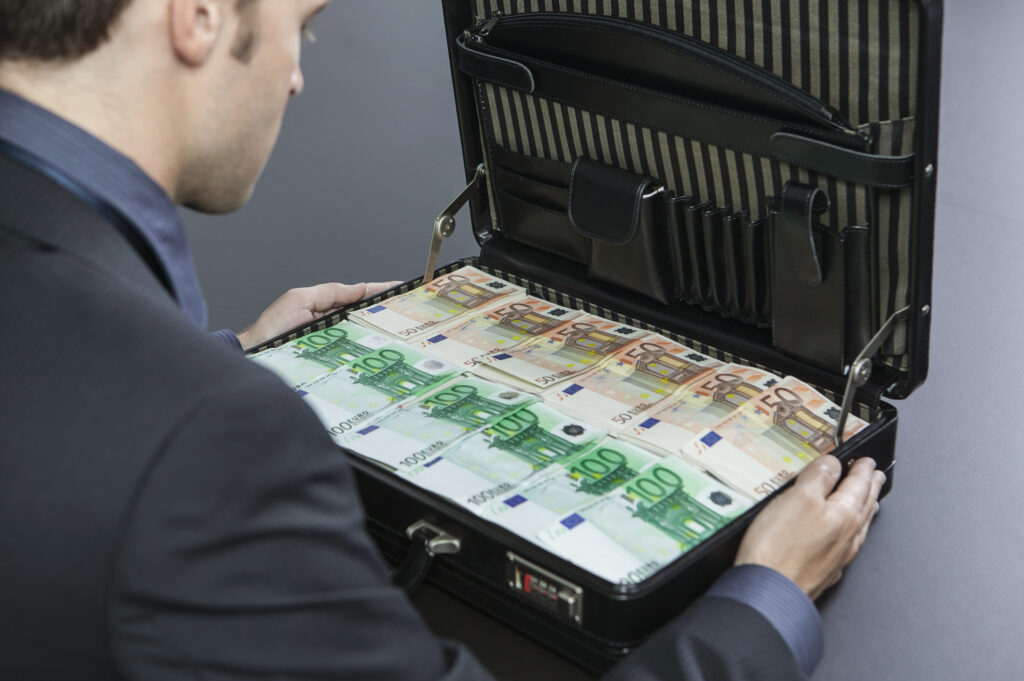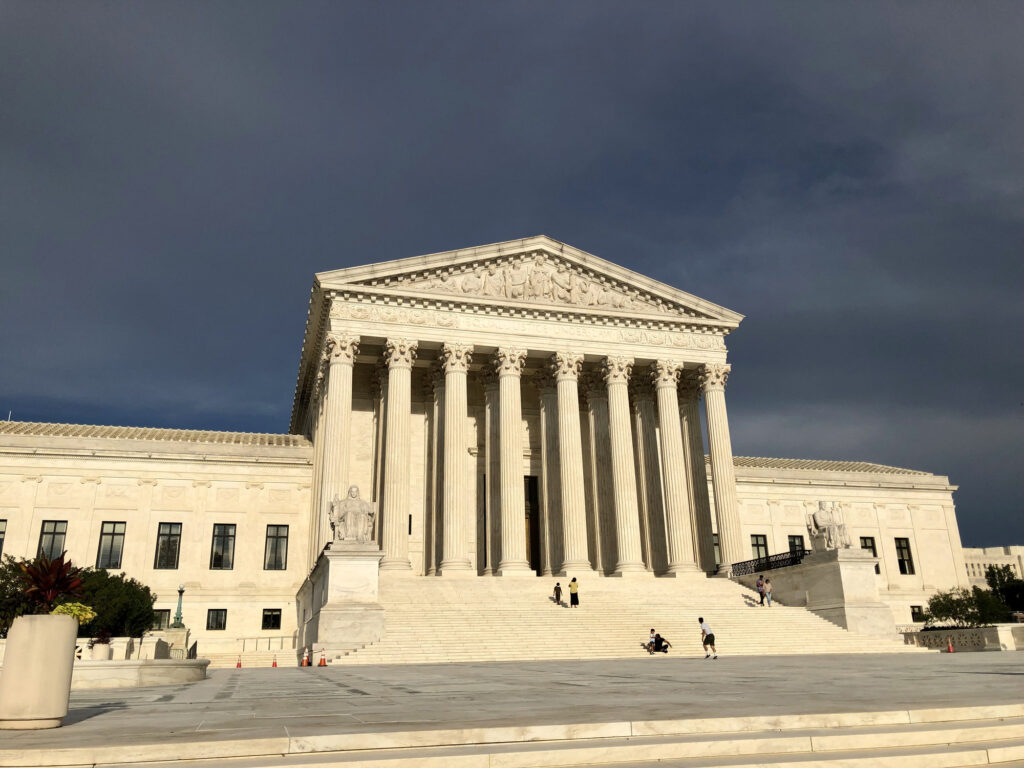Detroit recently followed in the footsteps of several other U.S. cities in filing for bankruptcy. Theories abound as to the root of the problem, but one cause cannot be ignored: taxes.
Detroit boasts some of the highest tax rates in the nation, and its residents already face the highest income tax rates allowable by Michigan law. Overall, those in Detroit struggle under the highest per-capita tax burden in the state, despite an unusually high percentage living below the poverty line.
Property taxes make up a huge portion of this tax burden for property owners in Detroit. In 2011, the city ranked first in a study of property tax rates in the 50 largest U.S. cities, and assessments of the properties themselves tend to run high.
Assessed at 10 Times Value
The Detroit News released a series showing that many houses are assessed at ten times their actual value, and appeals can sit in limbo for an extended period of time before being resolved. To add insult to injury, many Detroit residents don’t feel they’re getting their money’s worth. A number of corrupt government officials (including former mayor Kwame Kilpatrick) and soaring government costs took their toll on city services, eventually becoming evident in rising crime and failing schools.
The housing crash and the loss of most of the city’s manufacturing jobs (the crime rate and poor business climate having driven the automotive industry largely out) were the final straw for many Detroit natives, and the upper-and middle-classes began to leave the city in droves.
Naturally, this only made the tax revenue situation worse. As the population sank, so did the amount of money coming into the city coffers. Recovery for Detroit might have happened, if the business climate could have supported recovery. However, mismanagement again took over, and regulation and taxes increased, if anything. The real estate market could not properly bounce back, as city law requires all the back taxes be paid on every property bought at foreclosure – the only exception is for a select few pieces of real estate auctioned once a year by the city.
No Reason to Buy
So, when the housing market plummeted and Detroiters began to flee the city in the wake of lost jobs and exponential increases in crime, no incentives existed for speculators to purchase foreclosed properties for investment. As a result, the real estate simply sat in the hands of banks and the city, and eventually became derelict.
Those who did own or buy properties found themselves with an entirely new set of problems. As Detroit’s finances began to collapse, the tax-collecting infrastructure fell through with it. The city eventually began forcing employees to take an unpaid day of leave every two weeks, adding still another complication to the process. One business attempted to pay $25,000 worth of property taxes, only to find that the collection office was closed and no one would be there to receive payment.
50% Collection Level
That scenario also assumes residents are receiving tax bills at all — which many are not. With this sort of bureaucracy in place, is it any wonder only 50 percent of property taxes in 2011 ended up in the city coffers?
High taxes certainly aren’t the only thing that drove Detroit to bankruptcy. However, the lesson Motown’s crash has to offer other cities cannot be ignored. The crippling effect of taxes can’t go on forever, even in a healthy economy — and other governments across the nation would do well to take note of that fact.
Christina DiSomma ([email protected]) is with the National Taxpayers Union Foundation, the research and educational arm of the National Taxpayers Union. Used with permission of ntu.org.



